 Published in 2021 by The Rosen Publishing Group, Inc. 29 East 21st Street, New York, NY 10010 Copyright 2021 by The Rosen Publishing Group, Inc. First Edition All rights reserved. No part of this book may be reproduced in any form without permission in writing from the publisher, except by a reviewer. Editor: Elizabeth Krajnik Designer: Michael Flynn Interior Layout: Rachel Rising Photo Credits: Cover, p. MARK RALSTON/AFP/Getty Images.
Published in 2021 by The Rosen Publishing Group, Inc. 29 East 21st Street, New York, NY 10010 Copyright 2021 by The Rosen Publishing Group, Inc. First Edition All rights reserved. No part of this book may be reproduced in any form without permission in writing from the publisher, except by a reviewer. Editor: Elizabeth Krajnik Designer: Michael Flynn Interior Layout: Rachel Rising Photo Credits: Cover, p. MARK RALSTON/AFP/Getty Images.
Some of the images in this book illustrate individuals who are models. The depictions do not imply actual situations or events. Cataloging-in-Publication Data Names: Haynes, Danielle. Title: Racial profiling and discrimination / Danielle Haynes. Description: New York: Rosen Publishing, 2021. | Series: RosenTeenTalk | Includes glossary and index.
Identifiers: ISBN 9781499468182 (pbk.) | ISBN 9781499468199 (library bound) Subjects: LCSH: Racism--United States--History--Juvenile literature. | Race discrimination--United States--History- Juvenile literature. | United States--Race relations--History--Juvenile literature. Classification: LCC E184.A1 H39 2021 | DDC 305.800973--dc23 Manufactured in the United States of America CPSIA Compliance Information: Batch #BSR20. For further information contact Rosen Publishing, New York, New York at 1-800-237-9932.  CONTENTS Chapter 1 Singled Out One of my favorite things to do after school is to meet up with friends at a local coffee shop.
CONTENTS Chapter 1 Singled Out One of my favorite things to do after school is to meet up with friends at a local coffee shop.
We hang out, study, drink tea, and eat snacks. Sometimes Im the first one to arrive. I usually wait for my friends before I order anything. Today, I used the bathroom and studied while I waited. I was minding my own business when a couple of police officers came in and told me it was time for me to leave. They said I was causing a problem.
A new worker had called the police because she said the bathroom is only for paying customers. Why didnt she talk to me first? Why did she call the police? I think the shop worker singled me out because of my race. 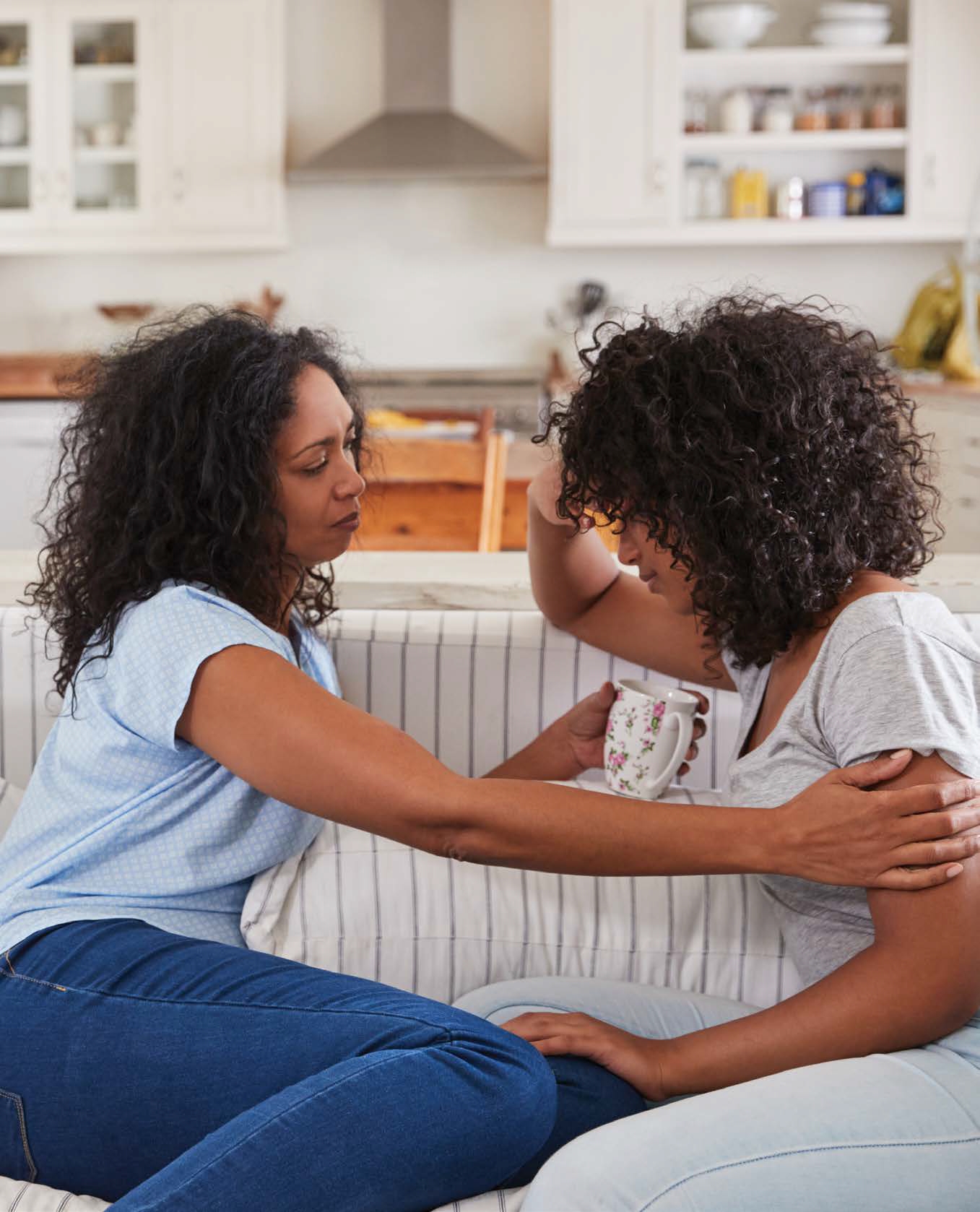 Nicole is mixed race. Her father is white and her mother is black. WHAT IS RACIAL PROFILING? Racial profiling is when law enforcement or security officials target a person because of their race. This may also include .
Nicole is mixed race. Her father is white and her mother is black. WHAT IS RACIAL PROFILING? Racial profiling is when law enforcement or security officials target a person because of their race. This may also include .
These officials include police officers, security guards, and even some airline pilots. The law enforcement officials dont target the person because theyve broken the law or show that they might break the law. 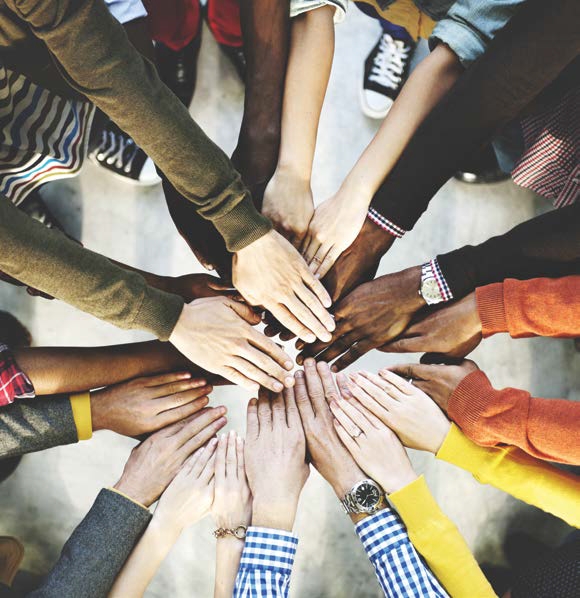 Just because someone looks or acts different from other people doesnt mean theyre a criminal. We should celebrate our differences and learn more about our peers. Every day, people of all races and ethnicities break the law in the United States.
Just because someone looks or acts different from other people doesnt mean theyre a criminal. We should celebrate our differences and learn more about our peers. Every day, people of all races and ethnicities break the law in the United States. 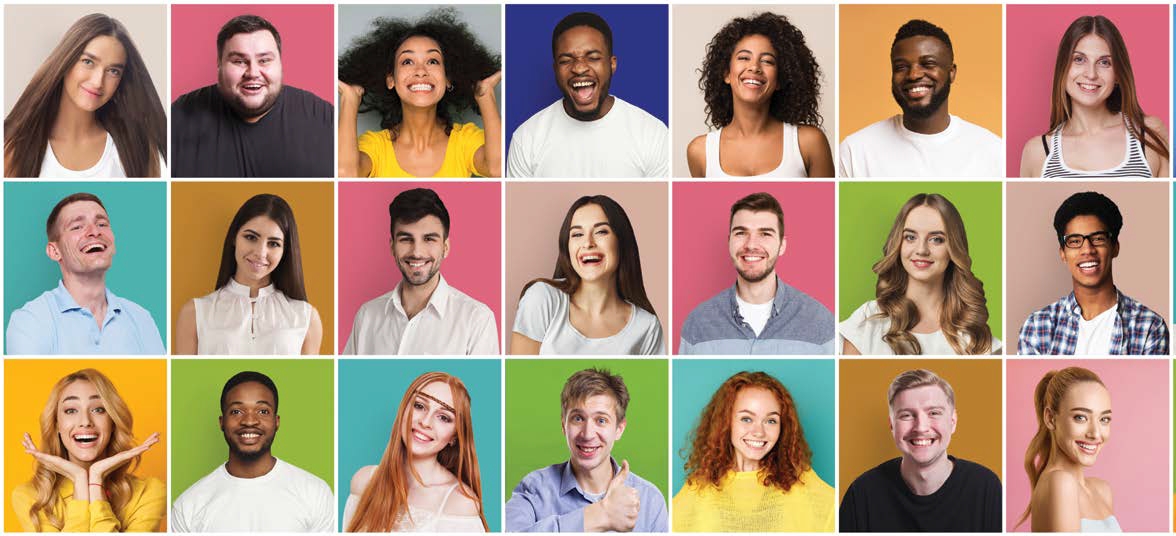 EXAMPLES OF RACIAL PROFILING Racial profiling can happen to people of all races and ethnicities.
EXAMPLES OF RACIAL PROFILING Racial profiling can happen to people of all races and ethnicities.  EXAMPLES OF RACIAL PROFILING Racial profiling can happen to people of all races and ethnicities.
EXAMPLES OF RACIAL PROFILING Racial profiling can happen to people of all races and ethnicities.
But usually it happens to people who are in the minority where they live or are visiting. In the United States, that means people are often targeted for: Having a skin color other than white Speaking a language other than English Appearing to practice a certain religion WHY RACIAL PROFILING IS A PROBLEM Racial profiling is a problem because it unfairly targets people based on how they look. 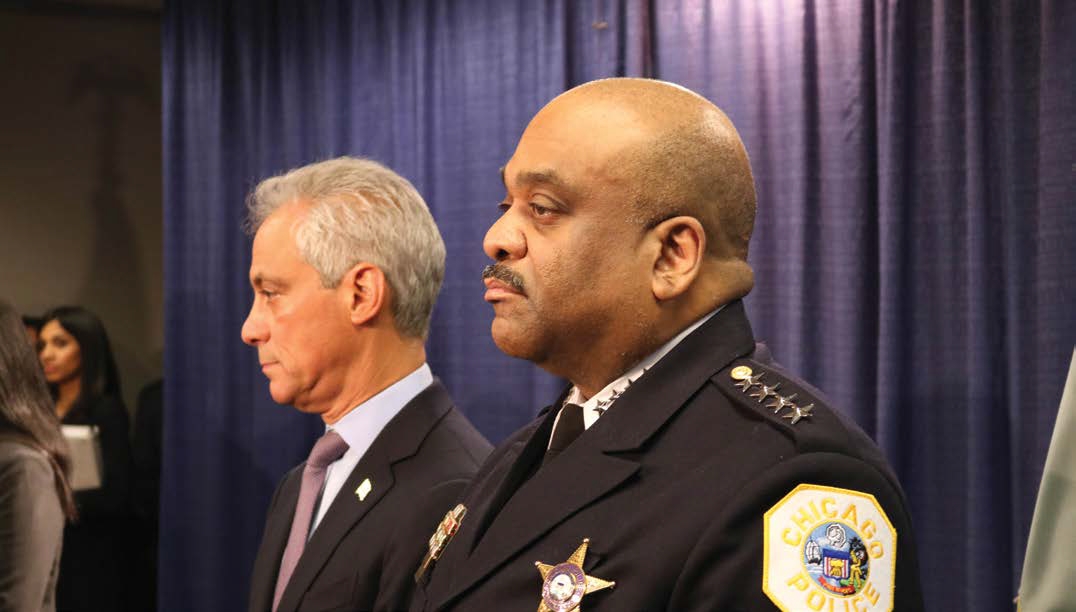 In 2017, the Department of Justice believed that the Chicago Police Department did things that went against the Fourth Amendment. When police use racial profiling, people of color are more likely to be arrested, jailed, and fined. It leads to more people of color having criminal records. This can cause many problems in life.
In 2017, the Department of Justice believed that the Chicago Police Department did things that went against the Fourth Amendment. When police use racial profiling, people of color are more likely to be arrested, jailed, and fined. It leads to more people of color having criminal records. This can cause many problems in life.
Many jobs check into your past. It can be hard to get a job if you have a criminal record. 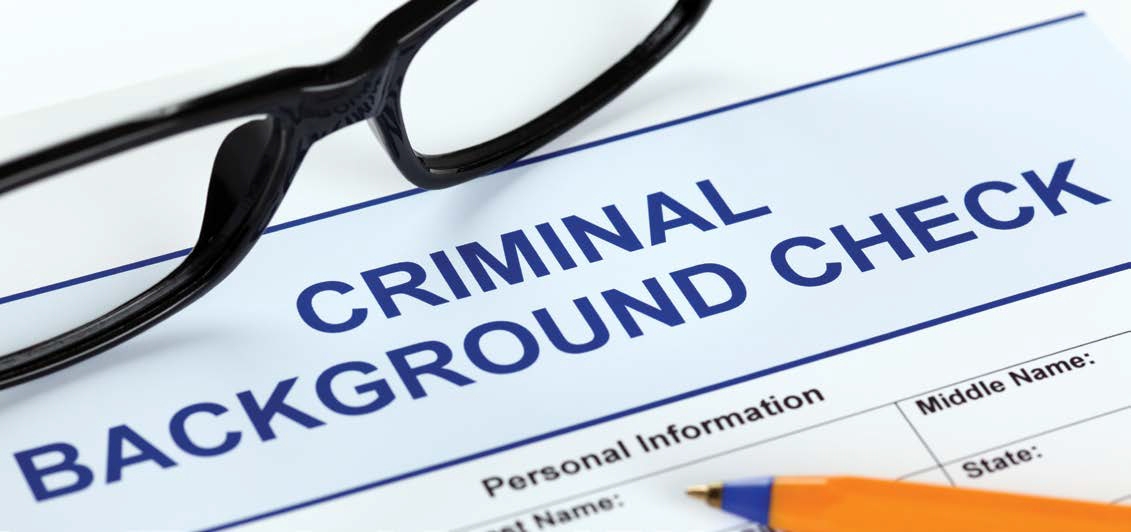 Unconstitutional The U.S. lays out the laws and system of government. An amendment is a change in wording or meaning in a law, bill, or motion. Racial profiling goes against the Fourth Amendment of the U.S.
Unconstitutional The U.S. lays out the laws and system of government. An amendment is a change in wording or meaning in a law, bill, or motion. Racial profiling goes against the Fourth Amendment of the U.S.
Constitution. That section states that police have to have a good reason to search or arrest someone. FACTS AND FIGURES Police shoot 3.5 times more unarmed black people than unarmed white people. Police are more than twice as likely to use force against black and Hispanic people than white people. In Oakland, California, 28 percent of the population is black. But 60 percent of police stops involve black people.
About the same percent of white and black people use drugs in the United States. Black people are more than twice as likely to be arrested for it than white people. 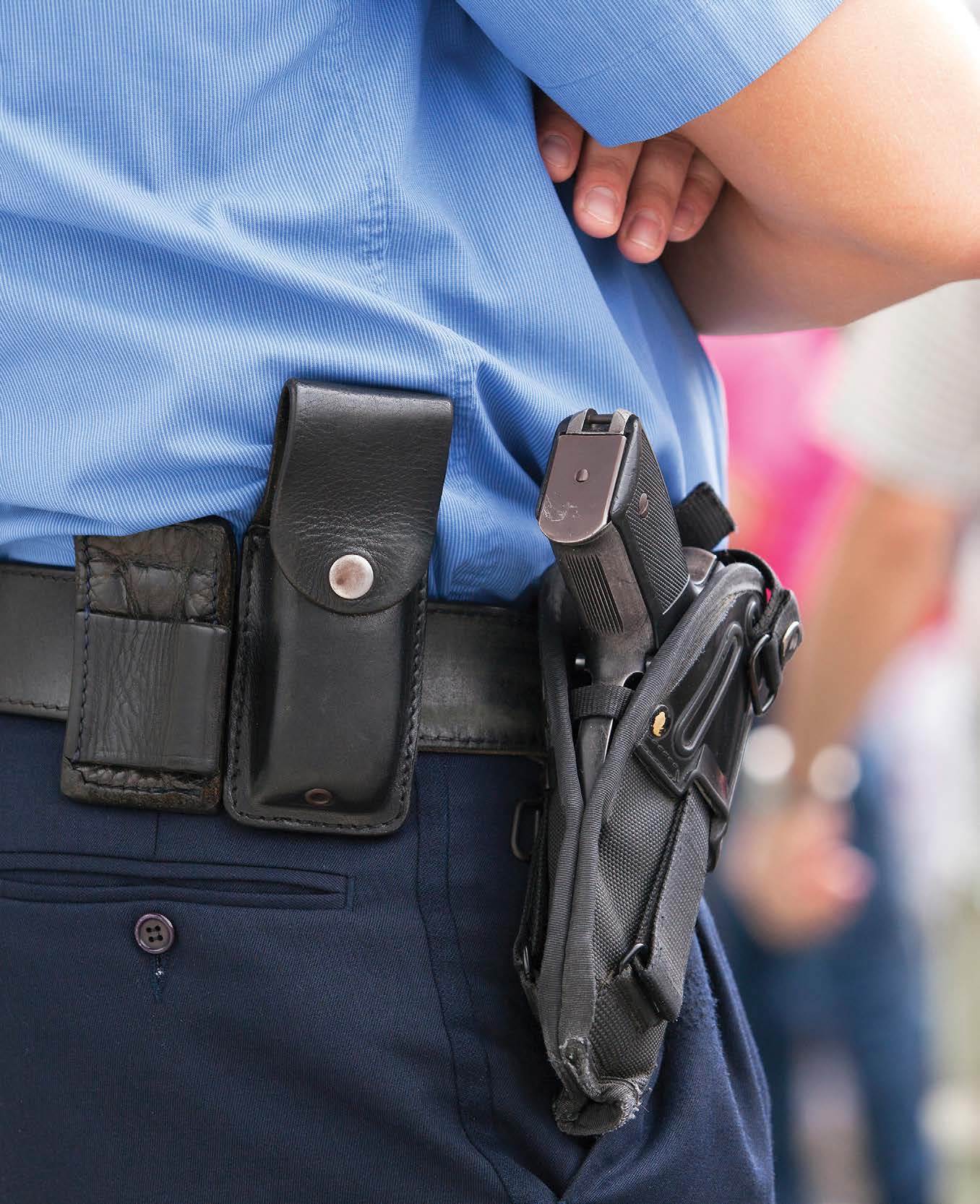 Local-level crime rates dont explain racial in police shootings. However, individual police officers racial bias may be a factor in police shootings. LIVING WHILE BLACK African Americans are often the target of racial profiling. White people sometimes call the police on black people who are doing normal, noncriminal activities.
Local-level crime rates dont explain racial in police shootings. However, individual police officers racial bias may be a factor in police shootings. LIVING WHILE BLACK African Americans are often the target of racial profiling. White people sometimes call the police on black people who are doing normal, noncriminal activities.
The callers do so just because they think African Americans arent supposed to be in that place.  In 2018, a golf course worker called police on five black women for golfing too slowly. The practice of stopping African Americans for no good reason has given rise to the phrase living while black. It can be frustrating for people to always worry about whether the police might confront, or question, them. After all, were all just trying to do the same things and live our daily lives. EXAMPLES OF LIVING WHILE BLACK In 2018, the police were called on African Americans who were: Waiting for a friend inside a coffee shop Shopping for clothes Knocking on doors for a campaign Helping the homeless Swimming in a pool Mistakenly mowing the wrong lawn Visiting a gym Grilling at a park Moving into a new home Asking for directions Chapter 2 Fe eling Like You Dont Belong Last year, my family moved to a gated community.
In 2018, a golf course worker called police on five black women for golfing too slowly. The practice of stopping African Americans for no good reason has given rise to the phrase living while black. It can be frustrating for people to always worry about whether the police might confront, or question, them. After all, were all just trying to do the same things and live our daily lives. EXAMPLES OF LIVING WHILE BLACK In 2018, the police were called on African Americans who were: Waiting for a friend inside a coffee shop Shopping for clothes Knocking on doors for a campaign Helping the homeless Swimming in a pool Mistakenly mowing the wrong lawn Visiting a gym Grilling at a park Moving into a new home Asking for directions Chapter 2 Fe eling Like You Dont Belong Last year, my family moved to a gated community.
I was so nervous about going to a new school and living in a new town. But we were lucky because there was a pool only for people who lived in the gated community. Swimming is one of my favorite activities, and now I could swim whenever I wanted! My sister and I decided to go to the pool after we unpacked. The water felt great. But not long after we got there, a woman who was there with her two kids said we had to leave. She said the pool was only for .
We told her wed just moved in, but she said shed call the police. She said we didnt belong there. 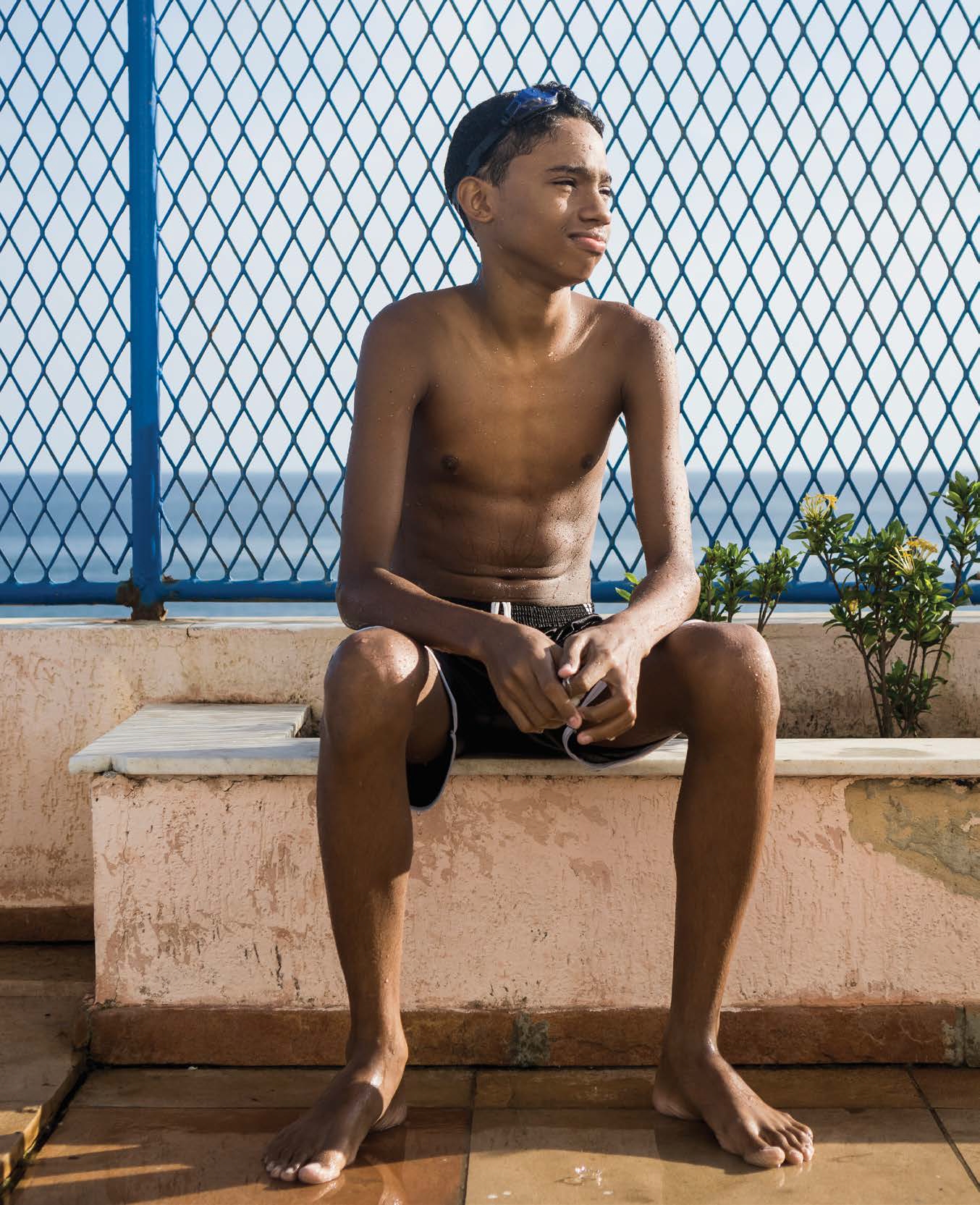
Next page
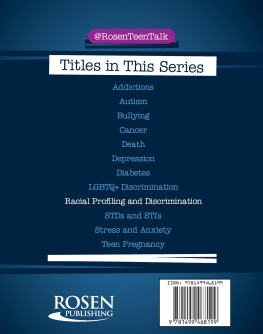

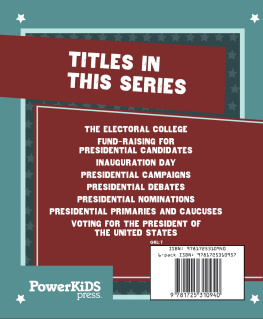
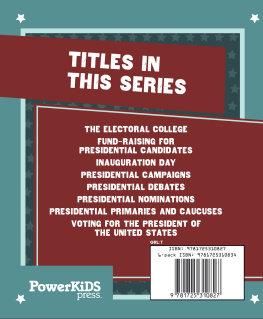

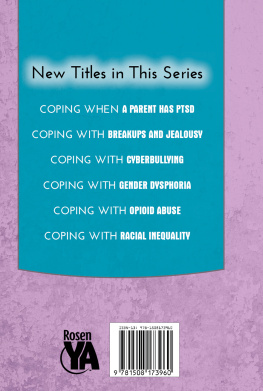
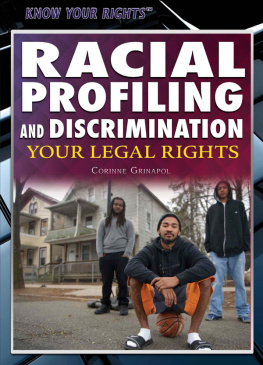
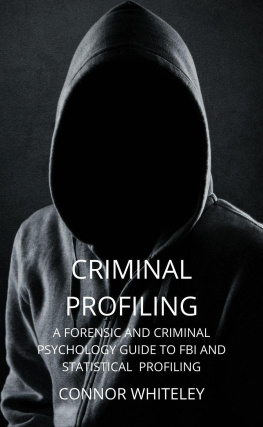
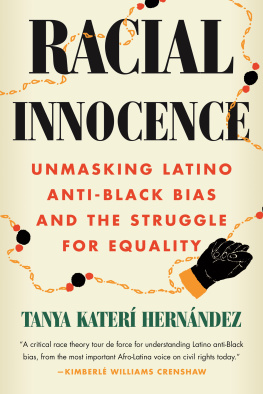
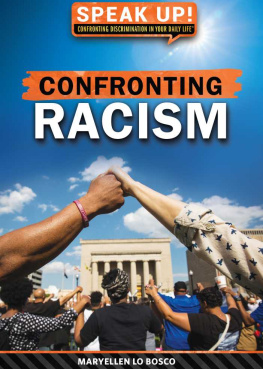
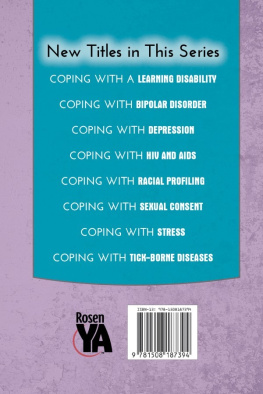

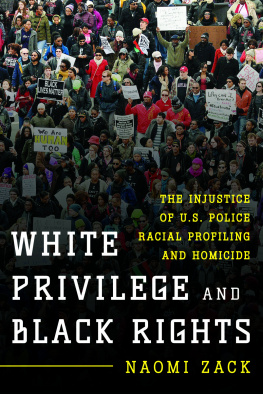
 Published in 2021 by The Rosen Publishing Group, Inc. 29 East 21st Street, New York, NY 10010 Copyright 2021 by The Rosen Publishing Group, Inc. First Edition All rights reserved. No part of this book may be reproduced in any form without permission in writing from the publisher, except by a reviewer. Editor: Elizabeth Krajnik Designer: Michael Flynn Interior Layout: Rachel Rising Photo Credits: Cover, p. MARK RALSTON/AFP/Getty Images.
Published in 2021 by The Rosen Publishing Group, Inc. 29 East 21st Street, New York, NY 10010 Copyright 2021 by The Rosen Publishing Group, Inc. First Edition All rights reserved. No part of this book may be reproduced in any form without permission in writing from the publisher, except by a reviewer. Editor: Elizabeth Krajnik Designer: Michael Flynn Interior Layout: Rachel Rising Photo Credits: Cover, p. MARK RALSTON/AFP/Getty Images. CONTENTS Chapter 1 Singled Out One of my favorite things to do after school is to meet up with friends at a local coffee shop.
CONTENTS Chapter 1 Singled Out One of my favorite things to do after school is to meet up with friends at a local coffee shop. Nicole is mixed race. Her father is white and her mother is black. WHAT IS RACIAL PROFILING? Racial profiling is when law enforcement or security officials target a person because of their race. This may also include .
Nicole is mixed race. Her father is white and her mother is black. WHAT IS RACIAL PROFILING? Racial profiling is when law enforcement or security officials target a person because of their race. This may also include . Just because someone looks or acts different from other people doesnt mean theyre a criminal. We should celebrate our differences and learn more about our peers. Every day, people of all races and ethnicities break the law in the United States.
Just because someone looks or acts different from other people doesnt mean theyre a criminal. We should celebrate our differences and learn more about our peers. Every day, people of all races and ethnicities break the law in the United States.  EXAMPLES OF RACIAL PROFILING Racial profiling can happen to people of all races and ethnicities.
EXAMPLES OF RACIAL PROFILING Racial profiling can happen to people of all races and ethnicities.  In 2017, the Department of Justice believed that the Chicago Police Department did things that went against the Fourth Amendment. When police use racial profiling, people of color are more likely to be arrested, jailed, and fined. It leads to more people of color having criminal records. This can cause many problems in life.
In 2017, the Department of Justice believed that the Chicago Police Department did things that went against the Fourth Amendment. When police use racial profiling, people of color are more likely to be arrested, jailed, and fined. It leads to more people of color having criminal records. This can cause many problems in life. Unconstitutional The U.S. lays out the laws and system of government. An amendment is a change in wording or meaning in a law, bill, or motion. Racial profiling goes against the Fourth Amendment of the U.S.
Unconstitutional The U.S. lays out the laws and system of government. An amendment is a change in wording or meaning in a law, bill, or motion. Racial profiling goes against the Fourth Amendment of the U.S. Local-level crime rates dont explain racial in police shootings. However, individual police officers racial bias may be a factor in police shootings. LIVING WHILE BLACK African Americans are often the target of racial profiling. White people sometimes call the police on black people who are doing normal, noncriminal activities.
Local-level crime rates dont explain racial in police shootings. However, individual police officers racial bias may be a factor in police shootings. LIVING WHILE BLACK African Americans are often the target of racial profiling. White people sometimes call the police on black people who are doing normal, noncriminal activities. In 2018, a golf course worker called police on five black women for golfing too slowly. The practice of stopping African Americans for no good reason has given rise to the phrase living while black. It can be frustrating for people to always worry about whether the police might confront, or question, them. After all, were all just trying to do the same things and live our daily lives. EXAMPLES OF LIVING WHILE BLACK In 2018, the police were called on African Americans who were: Waiting for a friend inside a coffee shop Shopping for clothes Knocking on doors for a campaign Helping the homeless Swimming in a pool Mistakenly mowing the wrong lawn Visiting a gym Grilling at a park Moving into a new home Asking for directions Chapter 2 Fe eling Like You Dont Belong Last year, my family moved to a gated community.
In 2018, a golf course worker called police on five black women for golfing too slowly. The practice of stopping African Americans for no good reason has given rise to the phrase living while black. It can be frustrating for people to always worry about whether the police might confront, or question, them. After all, were all just trying to do the same things and live our daily lives. EXAMPLES OF LIVING WHILE BLACK In 2018, the police were called on African Americans who were: Waiting for a friend inside a coffee shop Shopping for clothes Knocking on doors for a campaign Helping the homeless Swimming in a pool Mistakenly mowing the wrong lawn Visiting a gym Grilling at a park Moving into a new home Asking for directions Chapter 2 Fe eling Like You Dont Belong Last year, my family moved to a gated community.